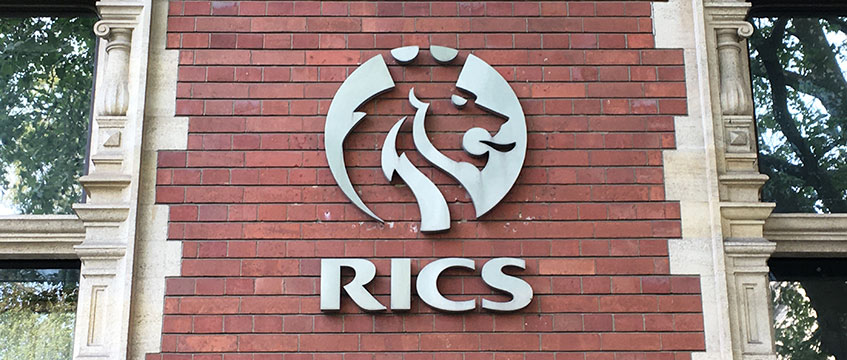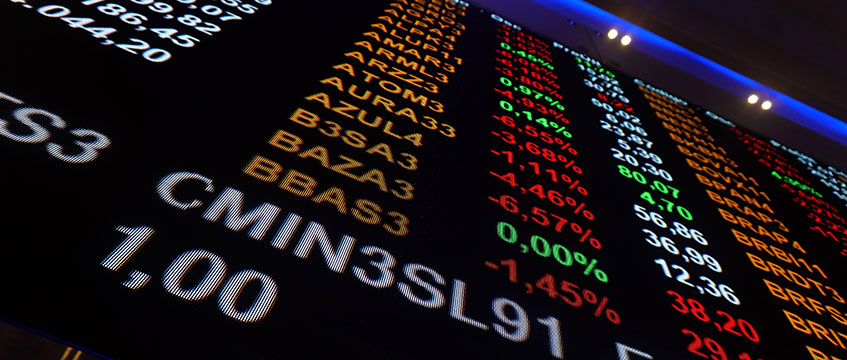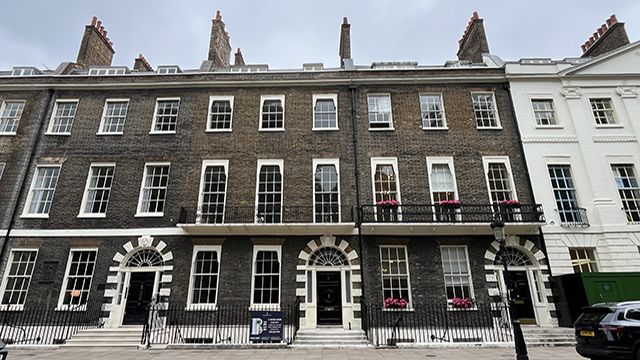The latest RICS global sustainability report shows an industry reluctant to pursue a lower-carbon future, more interested in the esteem offered by building certification than real change, and more focused on profit than principles, its president elect has warned.
Tina Paillet says the investment sector’s appetite for green building certification such as BREEAM shows this part of sustainability is recognised and valued. There is also significant commitment to energy efficiency (see table below). However, other measures – such as reducing embodied carbon and waste minimisation – are seen as less important than a certification. This suggests the “desire is more for esteem than real change,” Paillet writes in the 2023 report.
Commitment to energy efficiency
Contributors to the RICS global survey cited concerns about cost and return on investment as the principal barrier to change, rather than lack of knowledge or understanding.
“This focus on profit over principles is increasingly out of step with the commitments of other sectors, governments and societies,” Paillet says. “If we do not volunteer to do more and faster, we may find ourselves forced, with less choice about the steps we take.
“Comparatively lower importance placed on sustainability actions by occupiers also suggests that, for many, green buildings are seen as a ‘landlords’ problem’, whereas we need joined-up action to cut whole-life emissions and embed sustainability from the first designs to the final operations.”
There are some hopeful signs in the report, which outlines the state of the world’s green and sustainable real estate and investor interest in acquiring and developing it. Occupier demand for sustainable buildings has risen in the UK – and globally.
Occupier demand for sustainable buildings
In the UK, around three-fifths of contributors suggested that investor demand for green buildings rose to some extent in the past year. Its headline sustainable building index measure reported a +60% net balance of respondents believing that demand for green and sustainable buildings rose over the past year (FIG 1). This UK measure is stronger than the global average balance, which stands at +44%, although the UK figure lags a little behind Europe, which records the highest global sentiment at +73%.
Investor demand
Sustainable building index measure
However, legislative uncertainty and lack of measurement is holding the industry back from making a real impact on net zero targets.
The 2023 results show around 43% of respondents globally report they make no measurement of embodied carbon on projects. Even if carbon is being assessed, there is little evidence to suggest that it is having an impact on the choice of materials and components. RICS warns that measurement must become common practice to achieve targets.
This could link to investors seeing high initial costs as the most significant hindrance to investment in green buildings, the report says. Meanwhile, nearly a third of industry professionals state that the lack of common standards and definitions of green buildings is a crucial obstacle to further investment.
Clarifying new UK energy performance certificates standards for commercial real estate is essential to boost investment into energy efficiency measures and create greener buildings, the report says.
Paillet said: “The latest RICS global sustainability report reveals that the UK is among the leading nations for positive sentiment in sustainable real estate. However, the research indicates that several bottlenecks, such as ongoing uncertainty surrounding EPC reform, are slowing down investment, while the UK should take greater steps to catch up with the European average.
“The built environment contributes 40% of the world’s carbon emissions. We cannot tackle global emissions without substantially reducing embodied and operational emissions from buildings and infrastructure.”
RICS continues to develop its green standards for the sector, such as the recently developed Whole Life Carbon Assessment to guide the industry in a direction that supports greater sustainability and decarbonisation.
“What we can measure, we can then manage – understanding the scale and scope of emissions is a key first step,” Paillet said. “Sustainability is much wider than carbon emissions, and RICS will continue to support professionals through our range of standards, existing and in development.”
To send feedback, e-mail julia.cahill@eg.co.uk or tweet @EGJuliaC or @EGPropertyNews















